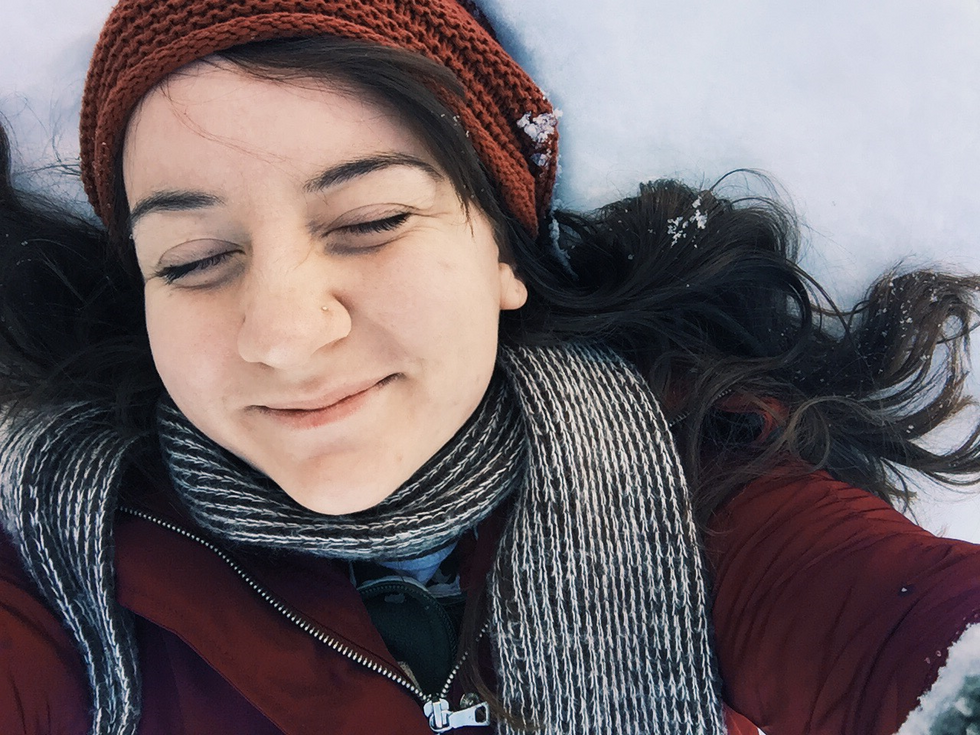From my personal experiences of being a girl, there has been nothing more reinforced than the "girl power" pep talk: the overwhelming positivity, the encouragement, and this repetitive insistence that every girl is beautiful.
However genuine, though, I've always felt as if the most overused, and unintentionally superficial compliment within the female community is "beautiful."
Yes, girls are beautiful. Yes, there is beauty in femininity.
But it has absolutely nothing to do with physical appearance.
I love being told that I am beautiful as much as the next girl, but there comes a point in which, well, I know it isn't true.
I am not always beautiful. My hair is messy. My skin is oily. I have bags under my eyes. My foundation isn't always the same shade as my face. My hair gets greasy after one day without shampoo. There's more acne on my face than there is clear skin. More often than not my clothes are wrinkly, I am sweaty, and I need a nap. It's not even gross at this point, it's just human.
The use of beauty as a compliment can be incredibly encouraging, sure, and I'm sure it's done with the best of intentions — but what it does more than anything is reinforce the idea that "beauty" is the best thing a girl can be.
Or worse, that not being beautiful is the worst possibility.
What I'm sure is meant to be a compliment, becomes more of a consolation. We're all beautiful.
There is such a controversy over the mere suggestion that a girl can't be beautiful, but I recount that with the idea that, in all honesty, why should girls have to be considered beautiful? The compliment of calling girls beautiful is intended to be encouraging, but why does it seem like the worst thing a girl could be is not attractive?
I love the support and encouragement I have so far witnessed within the female community in my life. And while being called beautiful is, I'm sure, intended to mean strength, dignity, and all the things that you cannot always say with words, I wish there was a broader vocabulary in which we articulated how we compliment each other.
True beauty, in the sense of which I'd rather define it, isn't about being attractive. It's about dignity and strength, of compassion and empathy, of intelligence and curiosity and ambition, of qualities that we are able to control much more than simply how we look.
We don't have to stop calling each other beautiful, but we should also try to not overuse it. I don't mean to criticize the beauty standards of society — I'll leave that for another article — but maybe we should reevaluate the value we put on the word "beauty."
You shouldn't have to be beautiful. You should just be you.








































